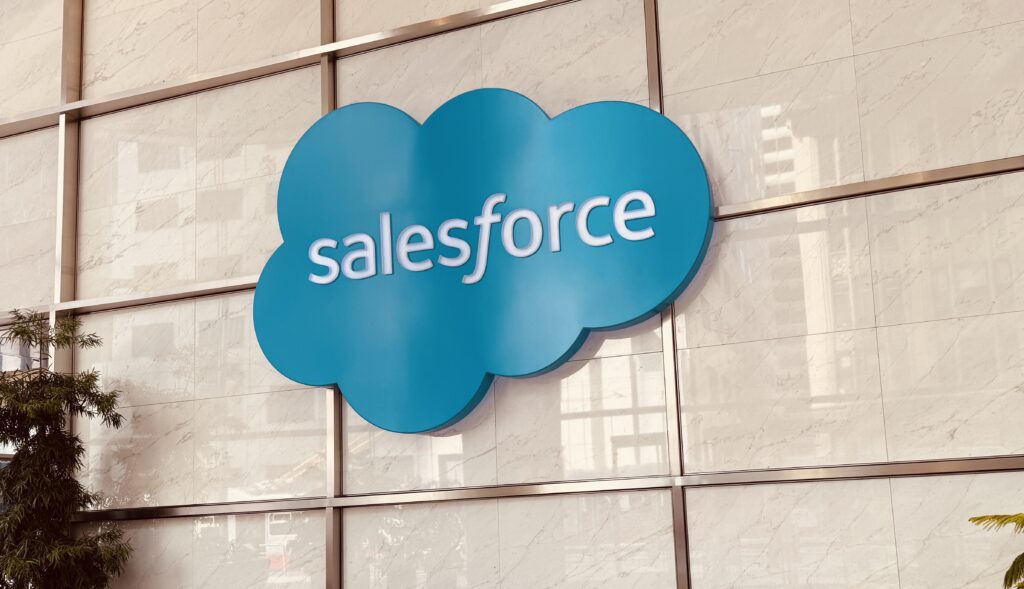Benioff says AI replaced 4K customer service reps, but it could also reflect fresh activist pressure

Salesforce CEO Marc Benioff appeared on the Logan Bartlett podcast last week and made headlines when he said he had been able to reduce his human customer service team from 9000 to around 5000 this year. He credited the job cuts to AI agents replacing those human workers.
Benioff, ever the consummate salesman, says his company’s agents are able to handle some of the work that humans used to do. “I was able to rebalance my head count on my support [team]. I've reduced it from 9000 heads to about 5000 because I need [fewer] heads. But there's also an omnichannel supervisor now that's kind of helping those agents and those humans work together,” Benioff told Bartlett. While omnichannel supervisors have existed previously to check the work of CSAs across channels, in this case, it could also be the human in the loop we often hear about with AI, checking to make sure things don’t go sideways.
While the agent technology could be contributing to those job cuts, it’s also worth noting that activist investor Starboard Value recently took a big stake in the company. Activist investors typically believe a stock is undervalued due to mismanagement, buy a large stake, then push for changes, often in the form of cost cuts through layoffs. Their goal is raising the stock price again and making a tidy profit. The CRM giant successfully fended off a slew of activists in 2023.
But Salesforce stock is down over 20% so far this year, giving Starboard an opening to buy at a lower price that activists covet. The company reported earnings yesterday with a decent 10% revenue growth over the prior year, but light guidance pushed the stock down in early trading. The fact Benioff agreed to do an interview days before reporting when companies are usually in a quiet period and avoid the media, was certainly interesting timing.
Let’s have a drink of champagne
Holger Mueller, an analyst at Constellation Research, says Salesforce has to demonstrate that it’s using agents successfully internally as a proof point for potential buyers of this technology. “It’s an important showcase for Salesforce to be ‘drinking its own champagne.’ They need to do this for customer support. How can they sell it if they don’t use it internally,” Mueller told FastForward.
There's also no denying that reducing headcount placates activists, “Of course, [using fewer employees] may help make Salesforce more profitable, which the market and investors want,” he said. Yet when asked by Bartlett if agents were ultimately about cost optimization, Benioff replied, “No, definitely not. We are all on our path, and I feel like I have to pioneer this as my own customer zero, and I just gave you the support example,” he said.
That is in line with what former Salesforce CIO Juan Perez told me in an interview last year. “We have a direct line of engagement with [the AI team], and we learn from them because my team gets an opportunity to work closely with them as we are building products that we're going to support our customers with.”

Along that same line, Benioff pointed to an example where sales agents making calls enabled the company to contact sales leads that they didn’t have the head count to deal with previously. “There were more than 100 million leads that we have not called back at Salesforce in the last 26 years because we have not had enough people, so we just couldn't call them back. But we have now an agentic sales that is calling back every person that contacts us in our company,” he said.
Whether those numbers are accurate or just Benioff’s exaggeration, if agents can make at least some of these calls and start building revenue where none existed, they could potentially pay for themselves, assuming the cost of running the agents doesn’t eat up those savings. It’s also worth wondering what it’s like from a customer perspective to be contacted by a bot instead of a human.
Whether the customer service headcount reduction is due to agentic breakthroughs, a desire to reduce costs to satisfy activist investors, or a combination of the two ultimately doesn’t really matter to the 4000 people who lost their jobs. Still, if it’s working as Benioff describes, it does show the potential of the technology, and that’s his goal. Whether it can have an impact on revenue and the stock price over time remains to be seen.
Featured photo courtesy of Salesforce





